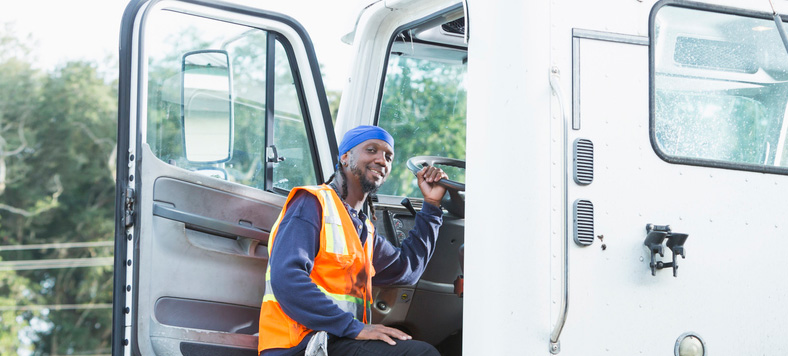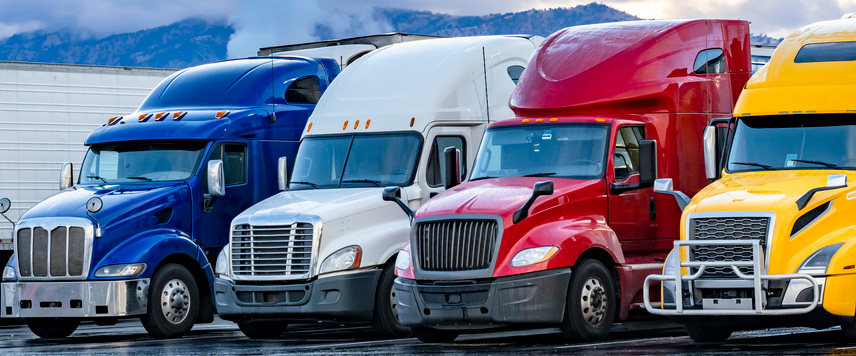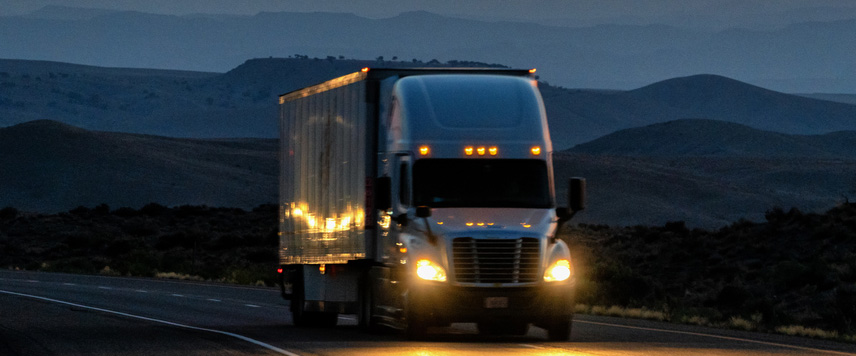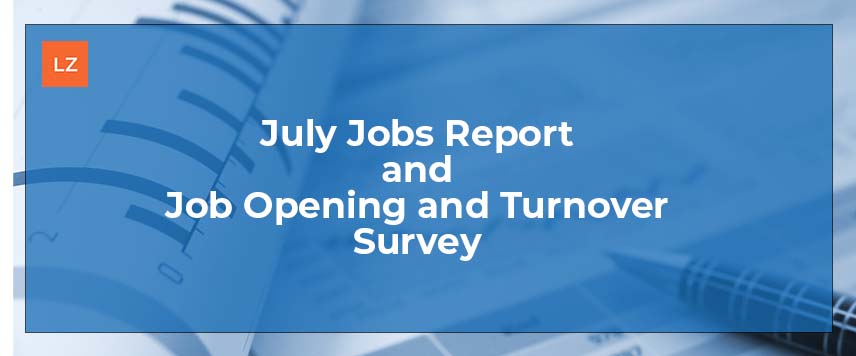American interstates are seemingly littered with billboards. Many of them, surprisingly, are about a single topic. How many billboards have you seen with a picture of a semi-truck and a quote from a lawyer offering to help get people the settlements “they deserve”? Once any driver begins to think about it, there are usually dozens that they could point to in areas along their normal commutes. Today, the LZBlog is delving into tort reform, which, in short, is a collective movement to limit the ability of plaintiffs to file what many see as “frivolous” and “unjust” lawsuits in civil court. For our purposes, this blog will center on lawsuit abuse reform in the trucking industry. This article will be split into two, with this one covering what abuses are taking place and a coming article about what different states are doing to combat these increasingly “nuclear” verdicts.
“I Fought the Law…” And the Lawyers Won
For truck drivers, safety is paramount. Being careful behind the wheel is drilled into drivers from Day #1 in training. For their safety and the safety of the other passenger cars around them, professional truck drivers are constantly reminded that they have to be extremely careful on the road. However, the lives of other people are, sadly, not the only reason that drivers are pressured not to cause any accidents. When accidents do occur, even in spite of their best efforts, truckers are thrown into difficult waters. From medical needs to insurance claims, even the most basic fender-benders can wreak havoc on a company’s bottom line. More serious accidents lead to repairs and bills from doctors’ offices and so on. Then, after all of that is dealt with, any unresolved issues end up in civil court cases.
Unfortunately, in spite of a recorded decrease in fatal accidents involving trucks, the amount of jury awards after a crash has gone up dramatically. Experts in the industry have been eyeing a steady increase in so-called “nuclear verdicts,” or post-crash awards that exceed over $10 million. These verdicts are eye-catching, but they are only a part of the problem. A 2023 study from the U.S. Chamber of Commerce Institute for Legal Reform shows that from 2020 to 2023, the average verdict would net a plaintiff $27.5 million, while the average plaintiff settlement was worth a little over $750,000. These types of awards are strangling the trucking industry, according to industry insiders.
Besides the high cash payouts to plaintiffs, there are other reforms that the transportation field hopes can be made soon in the coming years. The American Trucking Association has pointed out several areas in which they are hoping to affect change:
- Stacked Environments: “Trucking companies are finding it increasingly impossible to get a fair shake in many state courts when involved in accident litigation…” This is because lawyers for the plaintiffs can shop around the court system to find favorable judges for their cause. A judge with a history of finding against trucking companies can be a lawyer’s best friend.
- Admissibility of Phantom Damages: Phantom damages are what happens after an accident when bills for the medical care wind up being a different amount than the ones paid by the plaintiff. Many plaintiffs will provide a hospital or doctor’s bill to their lawyer, but that same patient will neglect to update that amount after their insurance pays their portion. The phantom damages, if there is an award, end up being a profit for plaintiffs, while, for trucking companies, it can “create disproportionate damage recoveries in personal injury lawsuits.”
- Unfettered Noneconomic Damage: “Noneconomic damages are subjective, non-monetary losses, such as pain and suffering.” In short, these damages are assigned to a trucking company based on the emotional and mental damages that the judge and/or jury feel is owed to the plaintiff. Many states have no limits on how much money can be awarded for unfettered noneconomic damage.
- Direct Negligence Claims: In many states, even if a company admits that it is responsible for a driver’s actions, the courts will still allow a plaintiff to sue for additional negligible actions, such as “negligent hiring, negligent selection, negligent training, and negligent entrustment – even when those allegations did not cause the underlying accident” in the first place. The American Trucking Association believes that “such allegations are a red herring which distract and mislead a jury from the considerations to determine who was at fault for the crash.”
- Third-Party Litigation Finance: Also known as “lawsuit lending,” third-party litigation finance allows for plaintiffs to file lawsuits after accidents, even if they can’t afford the up-front legal fees. The lawyers who are willing to work with financial backers will promise plaintiffs that they can win outrageous settlements, and that they will only receive a portion if the suit is successful. These sizeable awards are meant to entice the plaintiff to agree to the terms of loan, but these same settlements can sink a small trucking company after an accident. There are few restrictions on these types of arrangements.
Conclusion
The trucking industry is known for being a difficult one to work within. From loading and unloading to driving alongside unpredictable passenger cars to watching and following the hundreds of rules and regulations that are put in place to promote safety and efficiency, truckers are an increasingly overworked population. However, the past two decades have also brought with them more issues from the courtroom. For another year, lawsuit abuse reform has made into the top three on the list of the American Transportation Research Institute’s top concerns for the trucking industry for 2024, and it looks like it will be in a similar place in 2025.
The American Trucking Association has been keeping records of the strides made by different states to help trucking companies combat the rising tide of lawsuit abuse. Soon, we will cover these different reforms and how they will affect the trucking industry in the future!
__________________________________________________________________________
Meaghan Goldberg covers recruitment and digital marketing for Lionzone. A Patterson, GA native, after graduating from both Valdosta State University and Middle Tennessee State University, Meaghan joined Lionzone in 2018 as a digital recruitment strategist before becoming the social media manager.
Resources:
https://www.trucking.org/lawsuitabuse
https://cdllife.com/2024/lawsuit-abuse-reform-tops-list-of-trucking-industry-concerns/




